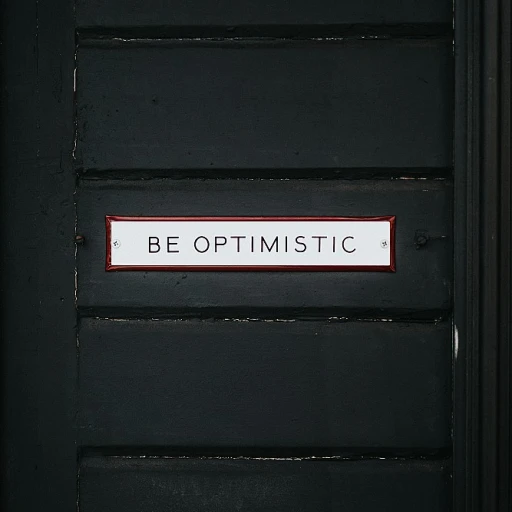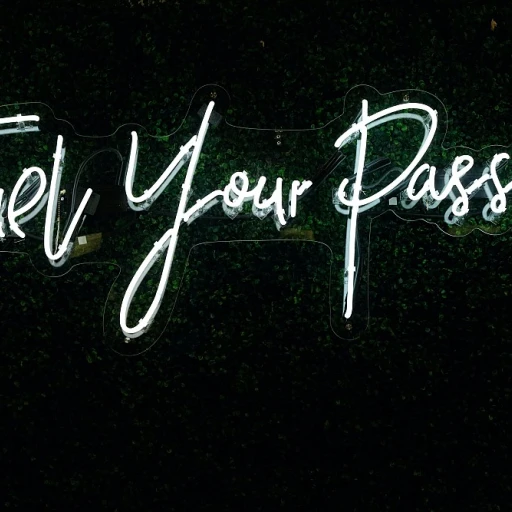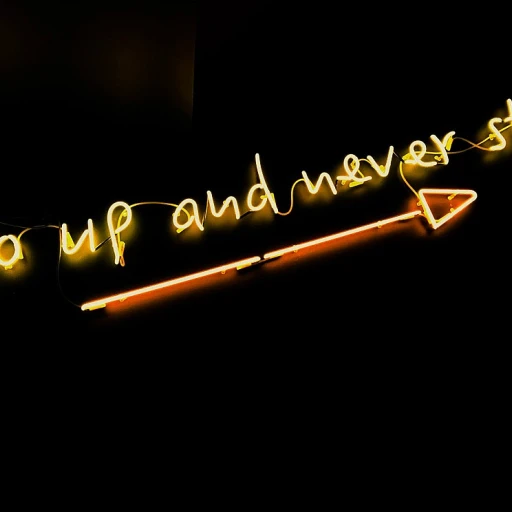
Understanding the Recruiter's Perspective
The Recruiter's Point of View
To craft an email that resonates with a recruiter, it is crucial to understand their perspective in the hiring process. Recruiters are often juggling multiple job applications and have limited time to invest in each candidate. Therefore, your email's clarity and relevance directly influence whether it stands out or blends into the pile. Recruiters appreciate candidates who demonstrate a clear understanding of the job role and the company. This indicates that you've done your homework, understanding the needs of the role and how you can contribute effectively. Additionally, showing initial effort can make a recruiter more inclined to consider your resume further. In your job search, remember that recruiters are looking for candidates who not only posses the right skills and experience but also align with the company's culture and values. Knowing this, it's beneficial to highlight your unique value propositions rooted in actual examples from your career. By putting yourself in the shoes of a recruiter, you're not just sending a cold email; you're opening a door to a potential relationship, which could lead to an interview or even securing the job position. For more insights on how companies attract talent, see our resource on employer brand marketing.Researching the Recruiter and Company
Gathering In-depth Insights
When reaching out to a recruiter, it's important to gather as much information as possible about the recruiter and the company involved. This understanding will allow you to tailor your communication effectively and demonstrate genuine interest in the job and the recruitment process.- Explore the Company's Background: Delve into the company's history, mission, and values. Familiarize yourself with their industry and any recent achievements or news. This knowledge not only enhances your understanding but also equips you to craft a compelling narrative in your email.
- Investigate the Recruiter's Role: It's vital to know the role of the recruiter within the hiring process. Visit their LinkedIn profile to uncover their experience and areas of expertise. This can provide valuable insights into how they engage with candidates and what they might be looking for in top talent.
- Analyze the Job Role: Thoroughly review the job title and description. Highlight relevant skills experience required for the position and align them with your qualifications. This will ensure you're well-prepared to discuss your fit for the job.
- Understand the Hiring Managers: If possible, find out who the hiring managers are at the company. Understanding their expectations and the team dynamics can further inform how you position yourself in your communication.
- Leverage Professional Platforms: Use sites such as LinkedIn to uncover more information about both the company and the recruiter. Additionally, industry-specific forums and articles can provide insights about the company's reputation and culture, which can be crucial. Taking a calculated approach to uncovering these details will not only prepare you better for the application and interview process but also position you as a well-researched and highly engaged candidate. This step in your communication strategy can significantly enhance your chances of making a strong impression on the recruiter and, by extension, the company.”
Make sure your efforts don't go to waste. Armed with this information, you can move forward in crafting a compelling introduction to the recruiter demonstrating your genuine interest and readiness to take on the job challenges. Your understanding of their culture and expectations aligns you closely with the prospective job title and puts you in good stead for the ensuing steps in the recruitment email process. For further insights, you can explore more about exploring employment opportunities.
Crafting a Compelling Subject Line
Effective Subject Lines: Capturing Attention at First Glance
Crafting a compelling subject line for your recruitment email can significantly enhance the chances of your email catching the recruiter's attention. It's the first thing a recruiter sees, and in a sea of emails, yours needs to stand out and convey the essence of your message succinctly. Choosing an impactful subject line starts with being precise and genuine about your intentions. Clearly state the job role you’re interested in, and if possible, include the title position itself. Avoid generic phrases like "Job Application" or "Seeking Opportunities," as they can often be overlooked. Instead, tailor your subject line to reflect the specific opportunity or the unique value you bring to the table. For example, if you are applying for a marketing role, your email subject could be "Experienced Digital Marketer Ready to Elevate [Company's Name] Brand." This directly communicates your area of expertise and the value proposition, enticing the recruiter to open the email. Remember, the best subject lines are:- Concise: Keep it short and straight to the point, ideally under 50 characters.
- Relevant: Make sure it relates to the job application or job role you're targeting.
- Unique: Highlight what makes you a standout candidate for this position.
Structuring Your Email for Clarity
Structuring Your Message for Maximum Clarity
Crafting a well-structured email to a recruiter is essential for a successful job application process. An organized approach not only communicates your interest but also ensures that your message is easily understood by the hiring manager. Start your email with a polite greeting, such as "Dear Recruiter," followed by a brief introduction about yourself. Make sure to mention the job title or position you are applying for right at the beginning. This sets the context clearly, showing the recruiter that you are serious and well-prepared.- Opening: When writing your email, always open with a clear mention of the job role you are interested in. Recruiters often have multiple roles to fill, so this detail is crucial.
- Body: In the body of your informal recruitment email, succinctly highlight your relevant skills and experience. This is where you can briefly expand on the unique value you bring to the table, as discussed previously. Tailor your message to align with the company's needs by addressing specific qualifications mentioned in the job description.
- Link to LinkedIn Profile: Including your LinkedIn profile link can be beneficial. It allows hiring managers to further explore your professional background and see the real-world application of your skills and experience.
- Closing: Conclude with a concise statement expressing your enthusiasm for the position, and a polite thank you for considering your application. Offer to provide further information or arrange for an interview at their convenience.
Highlighting Your Unique Value
The Art of Showcasing Your Potential
Effectively highlighting your unique value is crucial when reaching out to a recruiter. The job market can be incredibly competitive, and distinguishing yourself from other candidates requires more than just listing skills and experiences on your resume or LinkedIn profile. Consider how your background best aligns with the job role you’re pursuing, and make it your mission to illustrate those connections clearly in your recruitment email. Start by examining the job description carefully to identify the skills and experiences that are most relevant to the position. Ensure that your email addresses these key qualifications in a manner that feels natural and not forced.- Highlight Relevant Skills and Experiences:
- Link Your Achievements to the Company's Success:
- Personalize and Relate to the Company:
Following Up with Professionalism
Ensuring a Professional Follow-Up
Once you've sent your well-crafted email application for that job position, it's important to not dismiss the need for timely and professional follow-up. Recruiters and hiring managers appreciate when candidates demonstrate enthusiasm and persistence during the hiring process, within reason.
Firstly, be sure to give enough time for the recruiter to review your application and resume. Remember, the recruitment process is often quite busy and time-consuming. After about a week or two, consider sending a follow-up email if you haven't received a response. This gentle nudge can remind the recruiter of your interest in the job role without seeming too pushy.
In your follow-up email, be courteous and express your continued interest in the role. Reiterate briefly why you believe you're a good fit for the position, based on your skills experience highlighted in your initial recruitment email. If applicable, mention any updates to your LinkedIn profile or resume that might strengthen your application.
A sample email for your follow-up could start with: "Dear recruiter, I hope this message finds you well. I wanted to follow up on my application for the [Job Title] position..." Keep your tone optimistic and appreciate their time.
Lastly, end your follow-up by thanking the recruiter for their time, reaffirming your interest, and expressing your enthusiasm for the opportunity to discuss your application further. This demonstrates not just professionalism but also your genuine interest in aligning with their company goals.
Remember, following the best practices when engaging with recruiters over emails, from the initial cold email to the follow-up email, plays a crucial role in your job search success. Ensuring that every interaction is respectful and courteous can help you stand out as you work towards securing an interview and, eventually, the desired position.













